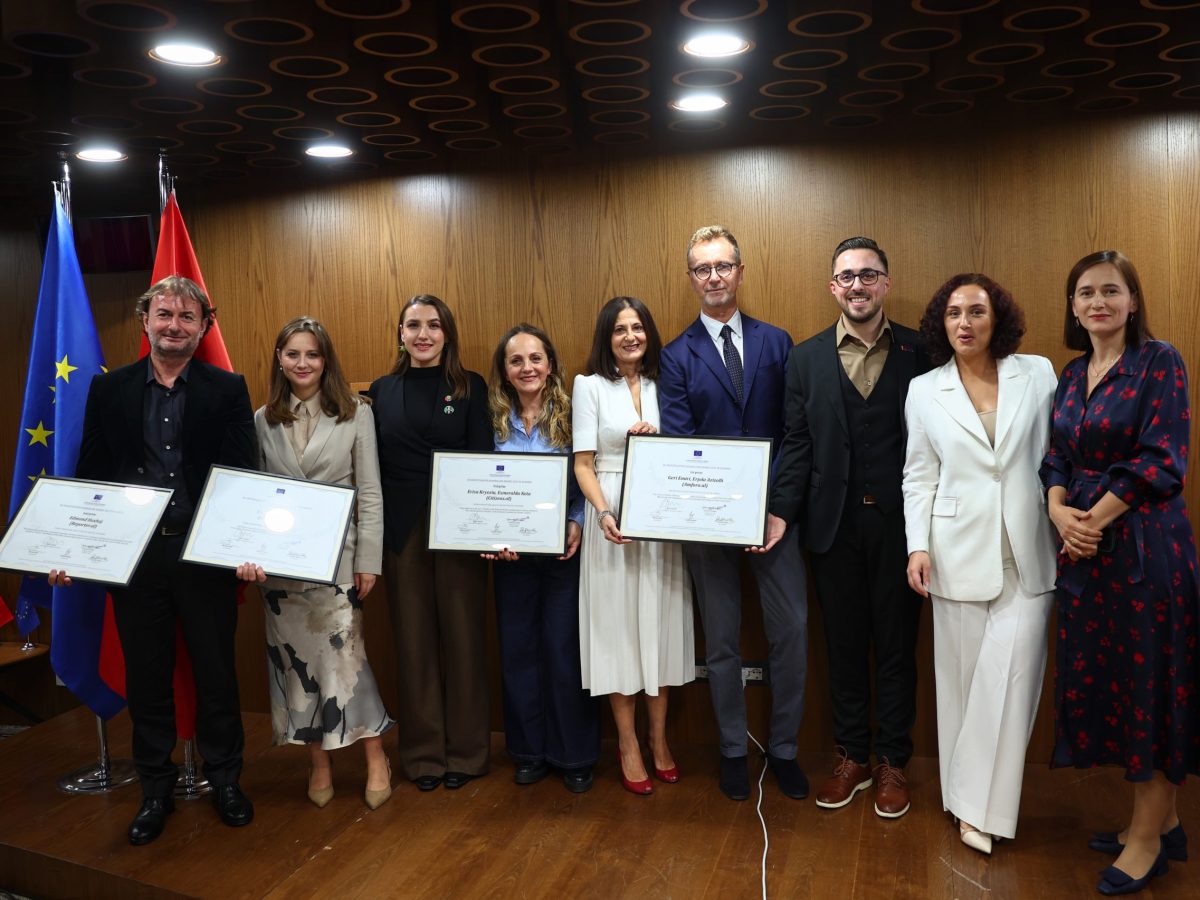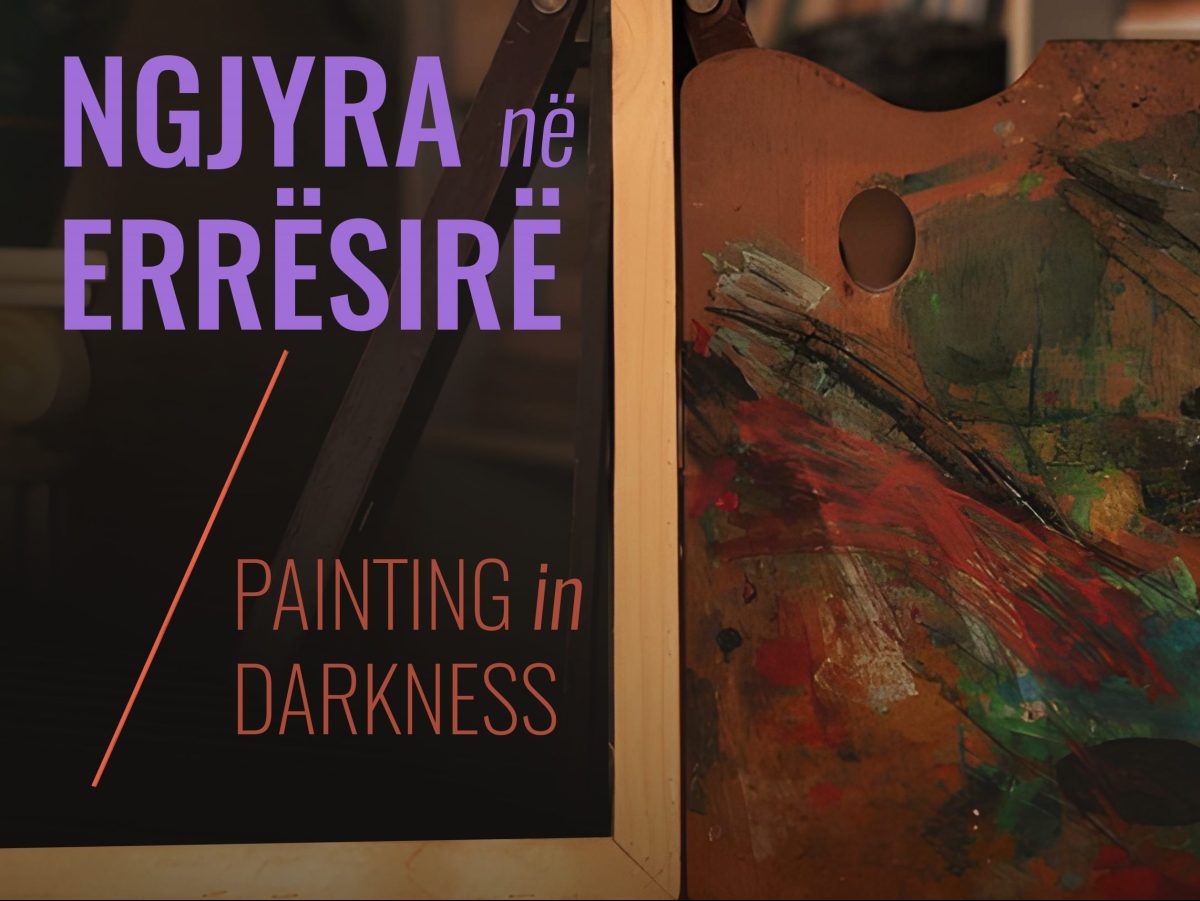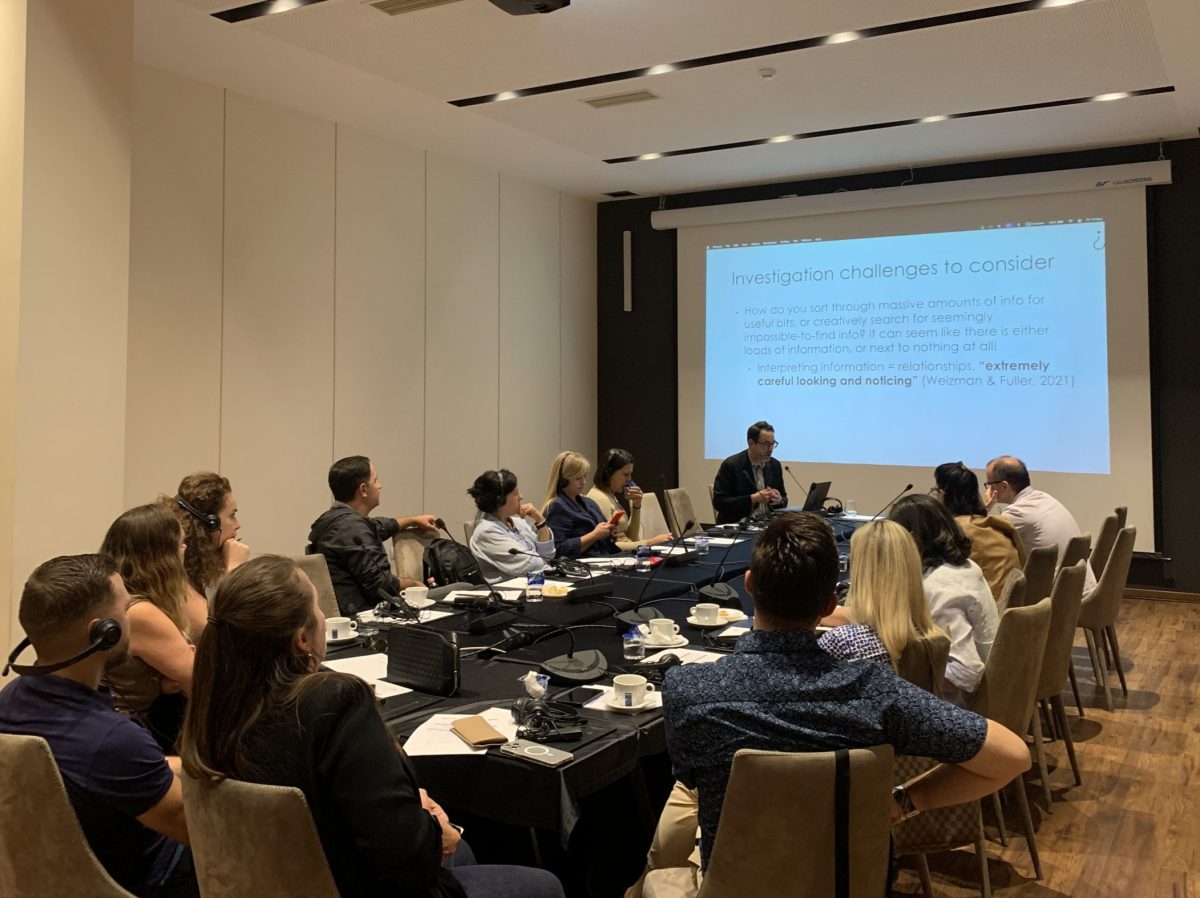Edmond Hoxhaj was recognised for a series of stories based on Freedom of Information requests that uncovered the secret sponsor behind the Independent Qualification Commission, KPK, a key body in Albania’s judicial vetting process. They were published by Reporter.al.
His investigations shed light on hidden funding links and raised questions about transparency in one of the country’s most critical justice reform institutions.
Vladimir Karaj received the same award for his investigation “Si në burg: Punëtorët afrikanë përballen me privim lirie dhe shfrytëzim në Shqipëri” (“Like Prison’: How African Migrant Workers Suffer Exploitation in Albania”), also published by Reporter.al
The story exposed cases of forced labour and human rights violations against African workers brought to Albania under exploitative conditions, drawing national and international attention to the abuse of migrant labour.
The EU Award for Investigative Journalism celebrates exceptional reporting that serves the public interest, strengthens accountability, and upholds media freedom across the Western Balkans and Türkiye. The award is part of the European Union’s ongoing support for independent journalism and investigative reporting in the region.













